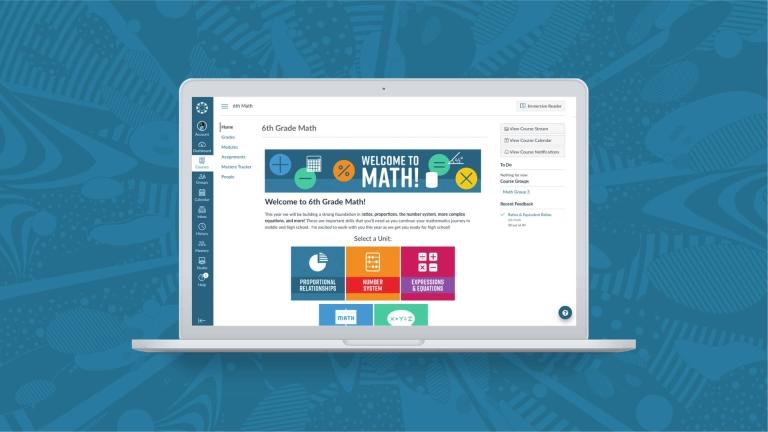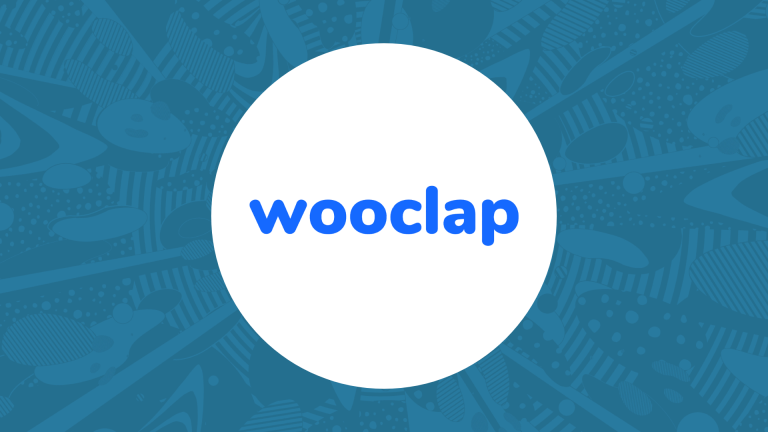
Anonymous product reviews are of limited use for educators, schools and districts making decisions about educational technology. Without understanding the reviewer’s context and its similarity to their own, they cannot rely on a 5-star review with any certainty. Contextualizing insights, for example around the length of time a tool has been used or purpose the tool is used for, improves both the feedback and its application by others.
But How Can Contextualized Data Be Gathered at Scale?
The LearnPlatform by Instructure Rubric for Grading EdTech empowers more rigorous and contextualized product evaluation. The rubric is based on significant research and has been field tested to ensure its validity and value. Through it, educators can share valuable insights on the classroom education technologies they engage with on a regular basis, and do it in a way that is both useful and systematic.
While the rubric can be downloaded and used offline, we invite educators to join the LearnCommunity to provide their input on the specific edtech tools they use and benefit from the community’s collection of product grades to inform their future edtech choices. The LearnCommunity is free to all educators.
Using Product Grades to Inform EdTech Selection
Educators, or anyone within a school or district who is involved in the selection of edtech products, can use the grades to provide additional context and information from the perspectives of others who have used it.
They can look up a single product under consideration to see if it has been reviewed by any other educators and, if so, use that information to supplement their own research, similar to how someone would use a restaurant review when making their takeout decision for dinner. Additionally, they can select up to 5 products to compare side-by-side and weight those criteria that matter most to them.
Getting District-wide Feedback on Specific Tools
Implementing LearnPlatform at the district level provides context-rich data for district edtech management. Districts can organize their edtech tools in their District EdTech Library for centralized visibility and easier communication with school-level staff, teachers and families. Additionally, districts can gather feedback from their teachers on specific edtech tools to inform future budgeting decisions as well as direct ongoing professional development efforts.
Educators deserve a voice in what works in the classroom. Grading tools in the LearnCommunity Library using the grading rubric gives them the ability to provide and share objective insights into the classroom edtech tools they use with the larger educator community!
Related Content
 Teaching-With-Tech-10-Benefits.jpg
Teaching-With-Tech-10-Benefits.jpgBlogs
 wooclapft.png
wooclapft.pngBlogs
 lincolnlearning.png
lincolnlearning.pngBlogs
